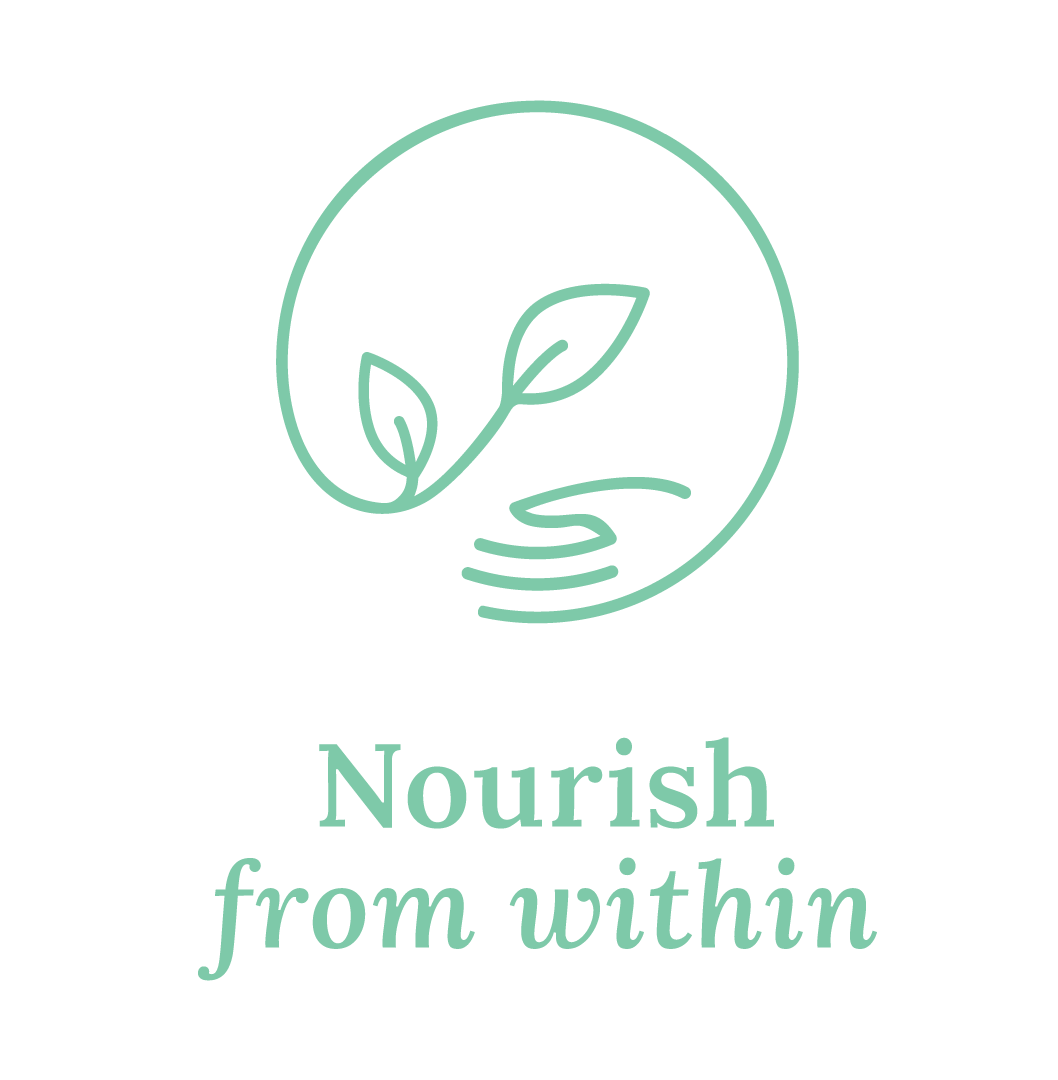Struggling to recover after an injury?
Do you have a nagging injury which just won’t go away? Have you ever considered that your diet may be slowing your recovery?
Muscle and ligament injury leads to pain & weakness which can affect your ability to move around freely, to continue your training and can often lead to poor quality sleep. All of these can have a widespread negative impact on your quality of life.
Most people are aware of how therapies such as physiotherapy & chiropractic can play an important role in jury recovery through encouraging correct mobilisation of the injured joint, encouraging blood flow to the affected area and reducing muscle spasms.
Fewer people, however, are aware that Nutritional Therapy can also play a key role in injury recovery. Slow repair of bones, tendons and tissue can be slower due to excessive inflammation or lack of nutrients needed for the repair process.
When an injury occurs, sufficient nutrients are required to ensure effective tissue healing, reducing the risk of scar tissue development or re-injury. These include good quality protein, to repair muscle and ligament tissue; Vitamin C plays a crucial part in collagen production and immune system response to the site of injury. There are many other nutrients involved in healing and repair which should be available through a well balanced diet, however factors such as an individual’s lifestyle, genetics and environment can also disrupt the absorption and availability of crucial nutrients regardless of diet quality.
Let’s consider the role of inflammation. Normally viewed as negative, the healing process requires an initial phase of inflammation. This allows increased blood flow to the area brining in nutrients and removing waste products.
After this initial phase, inflammation should then subside as the healing and repair phase takes over. However, many people find that inflammation continues and impairs recovery. Chronic inflammation can not only delay the healing process but can also further damage the injury site, for example joint damage characteristic in inflammatory conditions such as Arthritis.
Nutrition is crucial in managing levels of inflammation and reducing the risk of developing chronic inflammation. Foods rich in Omega 3 fatty acids, for example, are helpful to reduce the inflammation and can also help to reduce pain, whereas foods high in saturated fats can encourage inflammation to continue.
Lifestyle, together with nutrition, also plays a key role. Rest is required to allow healing, too much motion too soon can delay healing. Stress delays healing in multiple ways including using up nutritional resources otherwise used in repair and impairing the rebuilding mechanisms. Hormone imbalance can also play a part, this is of particularly relevance to peri-menopausal and menopausal women, the elderly and diabetics.
Delayed healing or recurrent injuries should be viewed as a warning that an element of nutrition or lifestyle is out of balance.
My role as a Nutritional Therapist and Health Coach is to help you regain balance, to reduce pain and improve healing so you can retain mobility and quality of life for longer.
If you would like to book for a personalised Injury Recovery session at Luck’s Yard Clinic please use the link below. You will receive a personalised diet and lifestyle plan, together with some recipes and possible supplement suggestions, to help you recovery stronger and faster.
